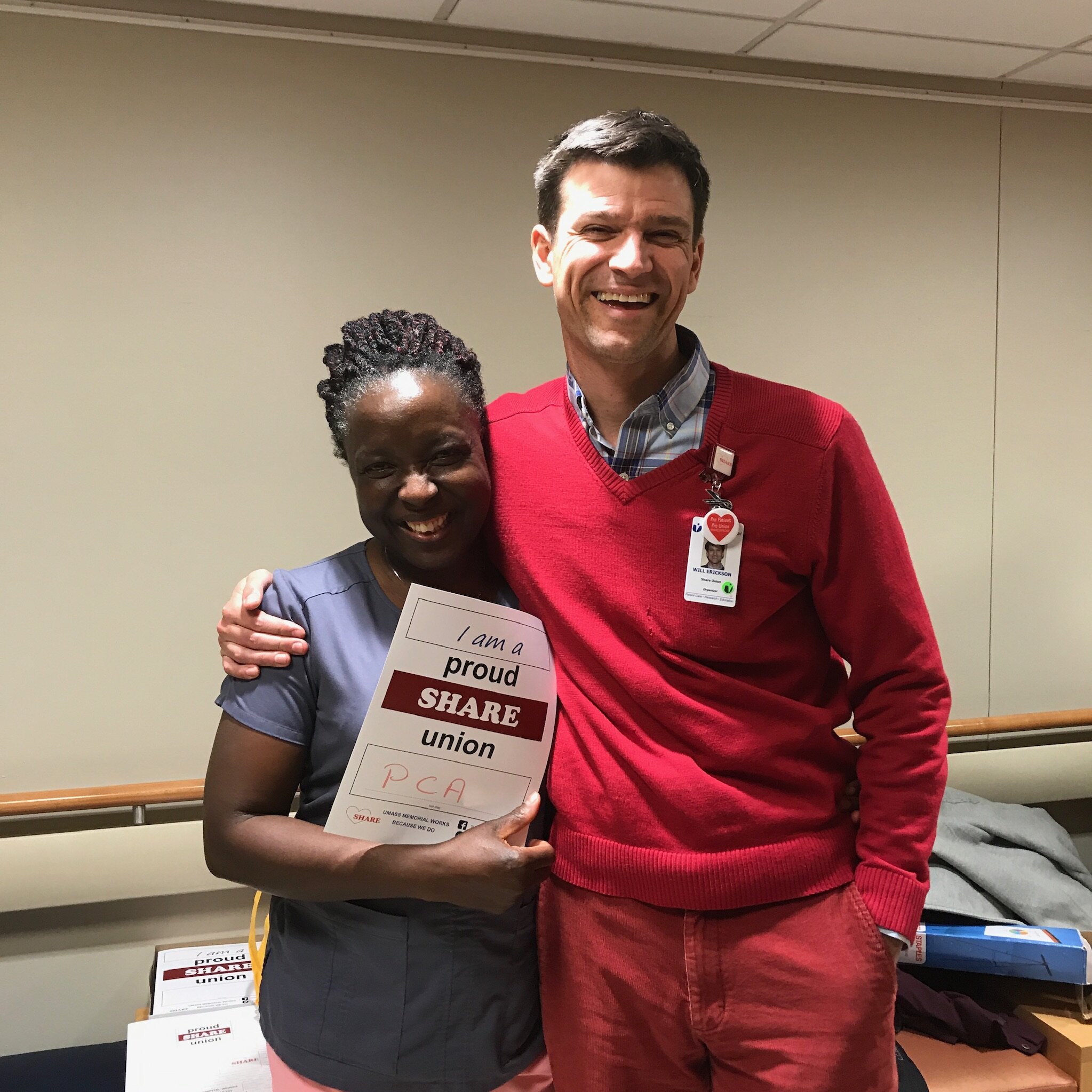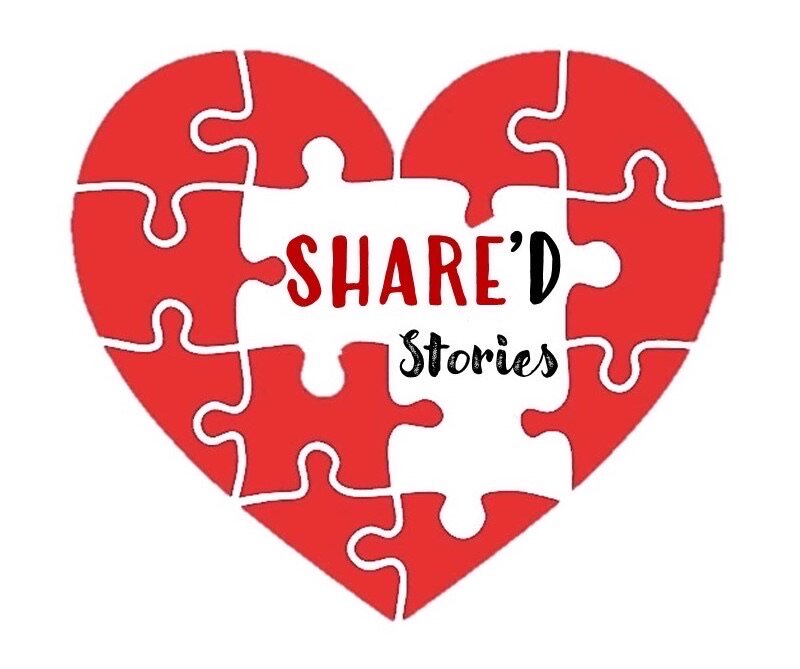SHARE leaders and management have spent a lot of time talking about the redeployments last Spring, so that we could try to make things better for SHARE members during subsequent surges. (See SHARE members survey responses here.) We recently signed an agreement that includes these improvements:
Making One-to-Ones Voluntary
The first big improvement was for union and management to create voluntary float pool to cover the needs for one-to-ones on COVID floors. We heard from SHARE PCAs from the clinics that it was difficult to get dropped cold into the role of a patient observer, especially if they had to work a different shift from their usual. By asking for SHARE member volunteers ahead of time, the volunteers were able to pick up extra time or over-time at times that work for them and their families instead.
The Current Status of Redeployment
The hospital hopes to continue to keep clinics open during this Winter’s COVID-19 surge. At the moment, senior leadership has no plans to redeploy SHARE members from ambulatory clinics to other parts of the hospital. They caution that things could change, but they are hoping they don’t. Only a few procedure areas, like HVIL (Heart and Vascular Intervention Lab), are currently slated to redeploy to other areas of the hospital.
Improvements in the Agreement
Nevertheless, it makes sense to put into place as good a process for redeployment as possible for SHARE members. SHARE and UMass Memorial Medical Center signed an agreement this week that contains significant progress:
Liaisons from SHARE will connect with the HR Labor Pool team to help with redeployment plans.
Voluntary redeployment is the goal. If more people are needed than there are volunteers, they will be selected by reverse seniority.
Everyone who is willing to stay in their home department or be redeployed will have work at their current pay rate and hours.
The union-management Labor Pool Problem Solving group will case manage situations where a SHARE member declines a redeployment – less of a ”one-strike-you’re-out” approach, or where someone is asked to work a different shift.
If a SHARE member declines to be redeployed to any job, then they will be placed on furlough. The furlough process will be more clear this time, though the SHARE member still has the option to use their paid time off or go on unemployment.
SHARE is pleased with the agreement, and the way the union-management collaboration created it.
You can read the full agreement online. Please contact SHARE with any questions or concerns.




















